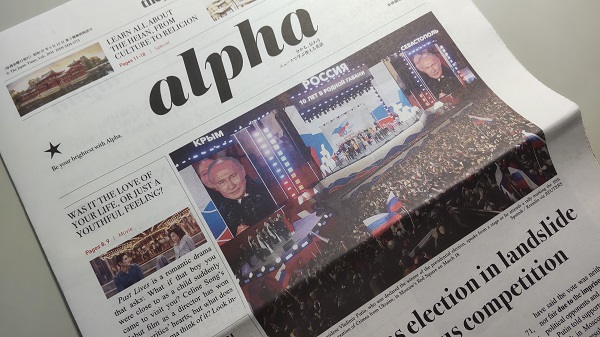The Japan Times Alpha の記事を読んで楽しみながらボキャビルも増やしたいということで、印象に残ったことを記録していきます。
.
.
■2024.3.29日号の記事から(完読度70%)
.
今週はあまり時間が取れなかったけれど、平安時代特集は全部読んだ。とても面白かった。印象に残ったところを少し。
.
It was thought that natural eyebrows were indicators of strong emotions or wrath and therefore, unseemly. Eyebrows drawn by hand, however, gave nothing away so were considered the height of mystery and allure.
.
like sticking a pair of chopsticks into a bowl piled with rice. In the Heian Period, this indicated that there was plenty to eat and therefore, the house was wealthy. Today, chopsticks stuck in rice symbolize a meal for the dead and are displayed as an offering at the butsudan, or Buddhist altar.
.
Illness was seen as punishment for a past sin, and the suffering was viewed as atonement.
.

.
Gagaku requires not only skill but empathy and a deep regard for the performance of others.
.

.
There was no running water or flush toilets. Even high-ranking aristocrats didn't bathe often. A toilet was just a designated space in the house marked by a screen.
.
源氏物語の最初の巻の「桐壷」はなんのこっちゃ分からなかった(笑)日本語の原文のほうが難しいわ、はは。
.
鉛を顔に塗りつけても問題無かったんだろうか・・
.
■
.
The value of personal scent was not lost on men.
.

.
.
■今週気になった記事
.
.
NHK大河ドラマ「光る君へ」
Dear Radiance
.
.
[n] Casanova 女たらし
Hikaru Genji, the fictional Casanova of the Heian Period, was described as emanating a splendid aroma whenever he walked into a room, sending everyone into a swoon.
.
.
The Japan Times Alpha より引用
.
.
■
.
.




コメント